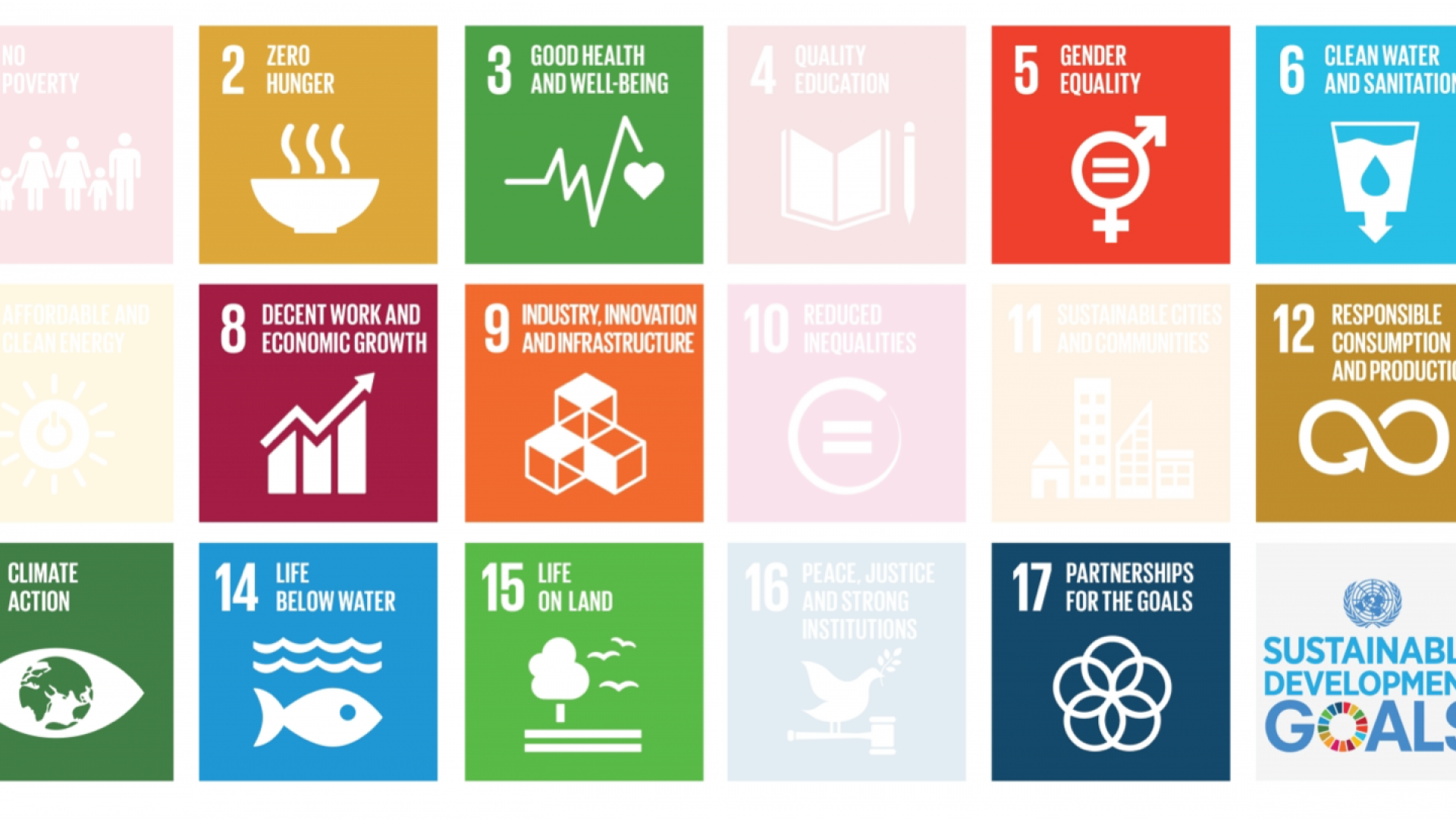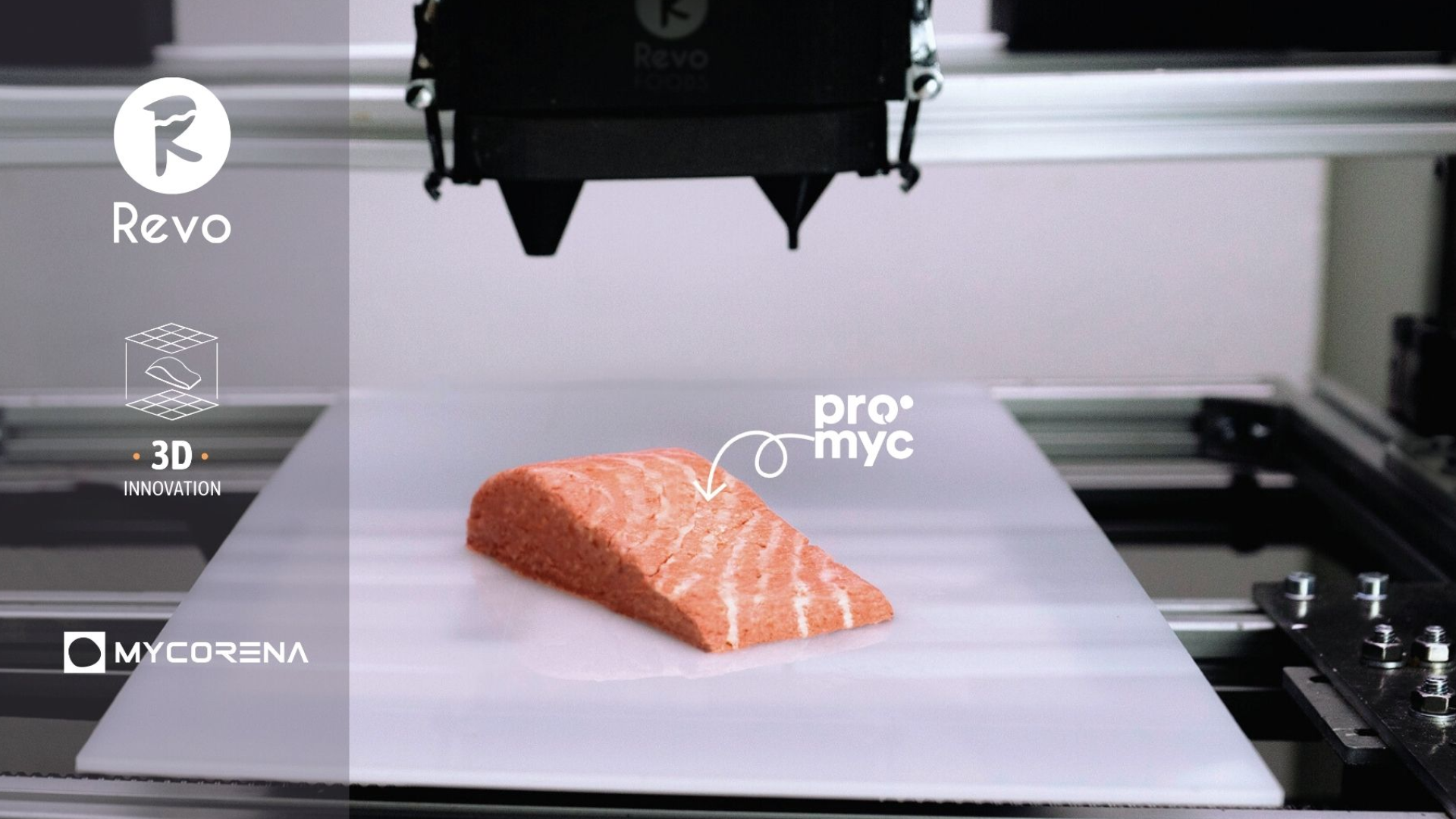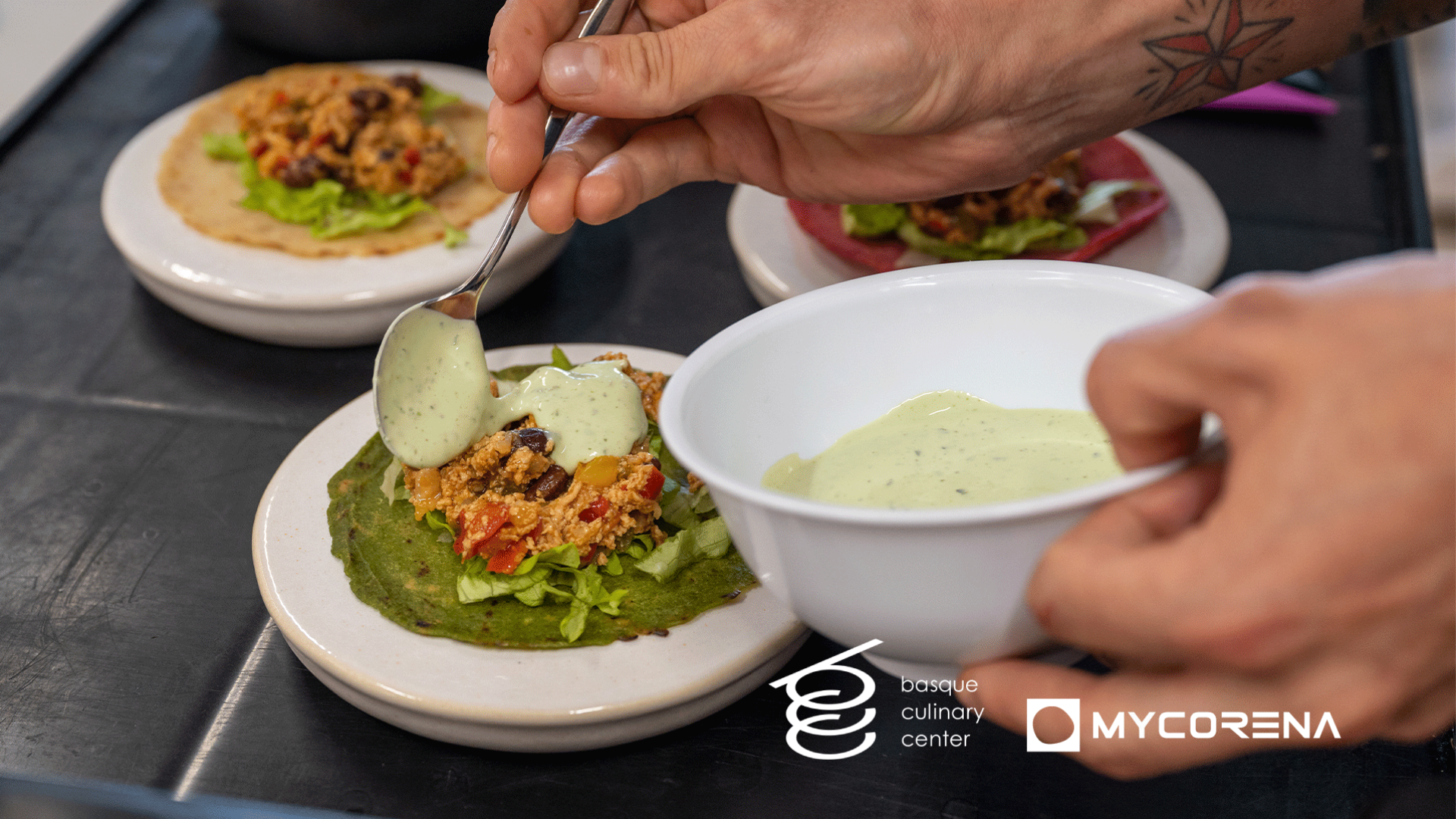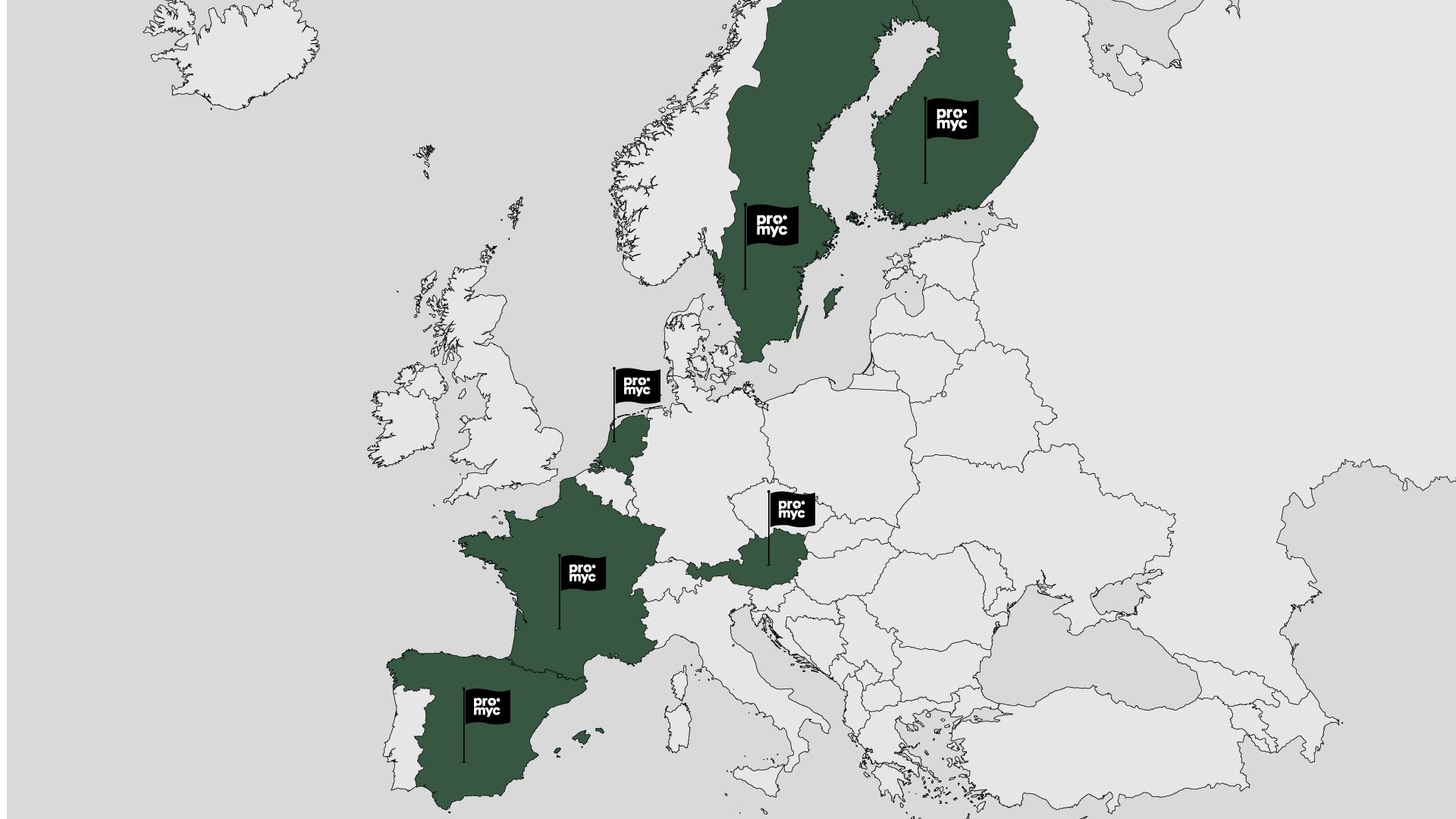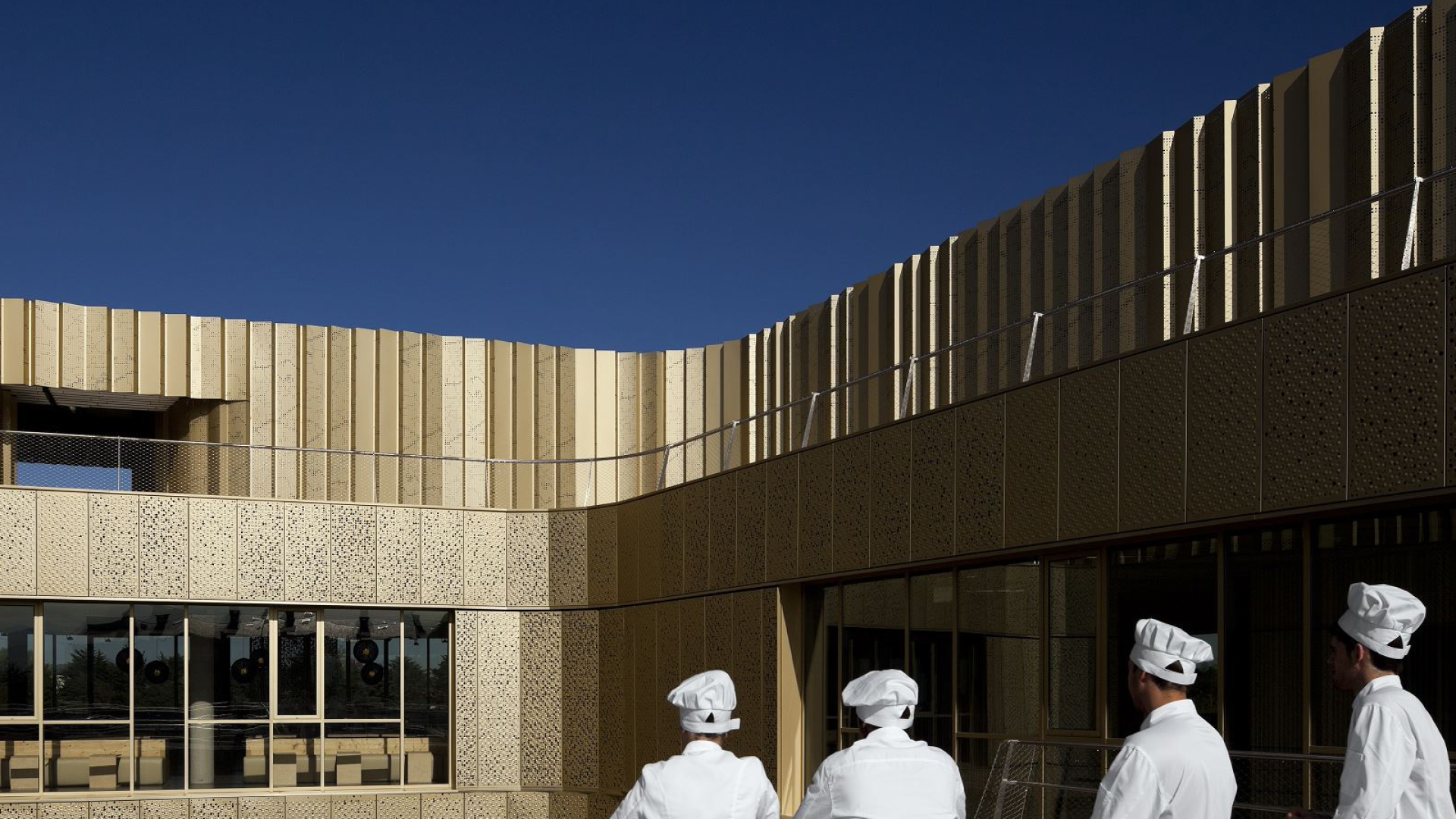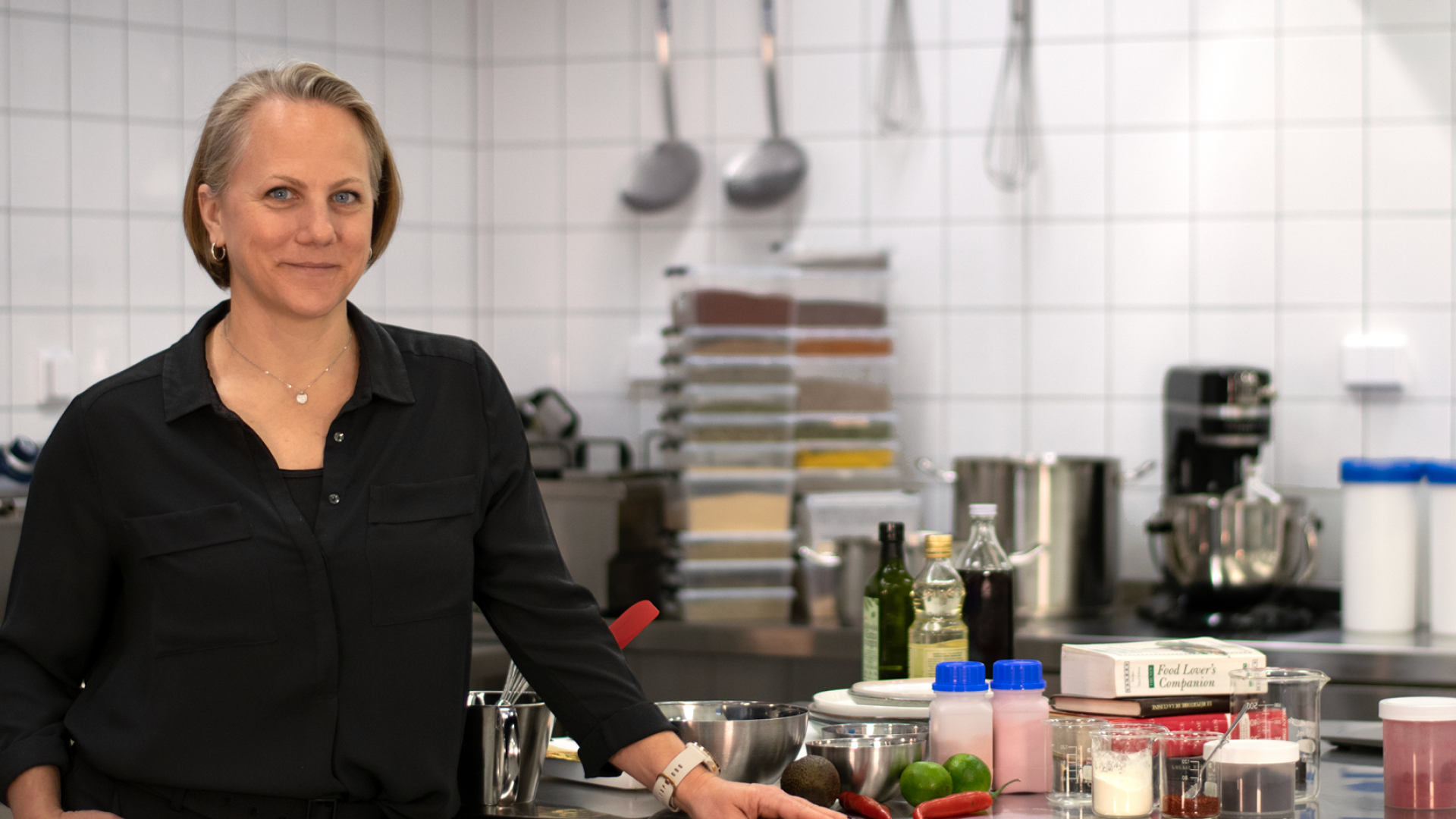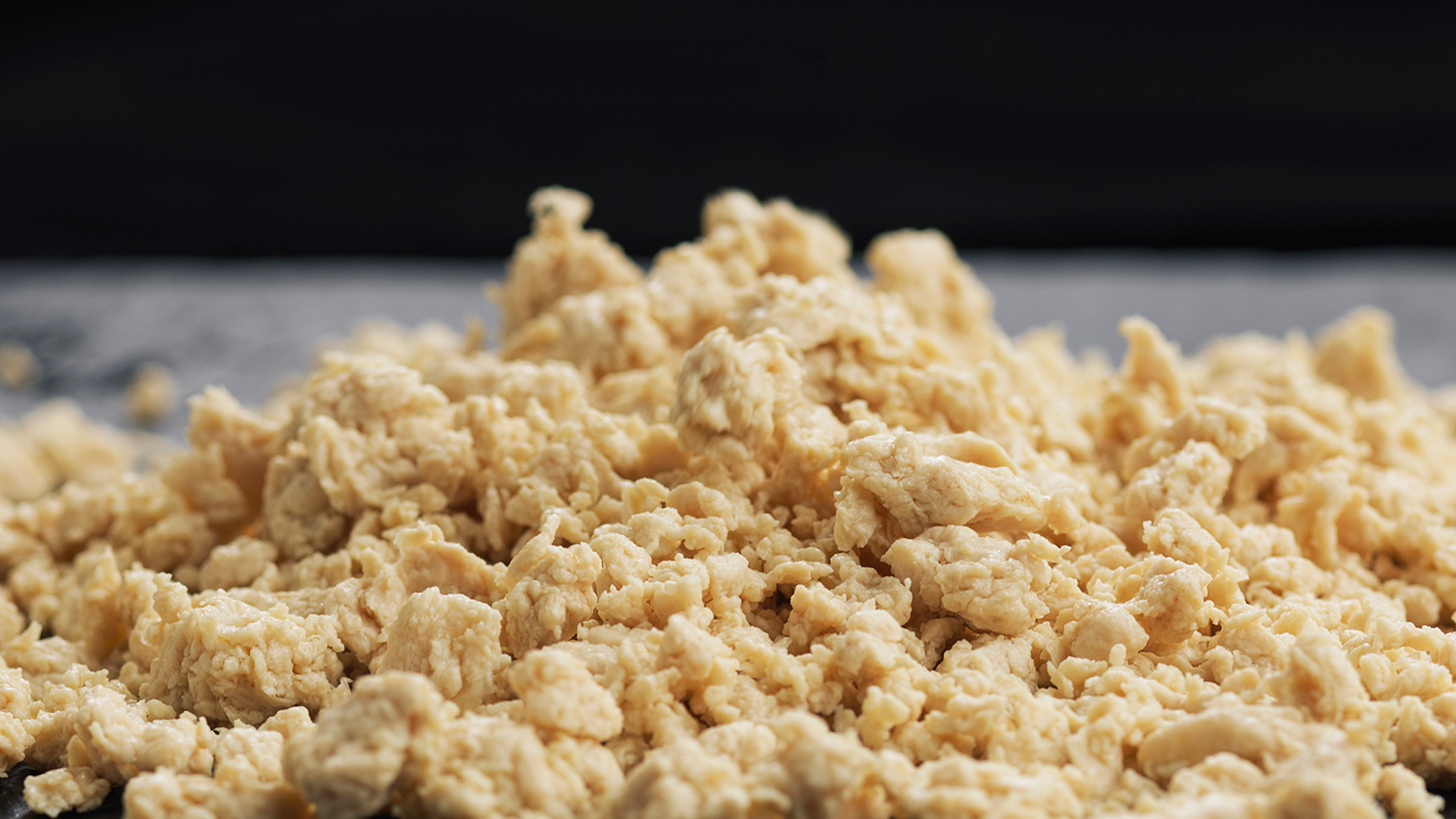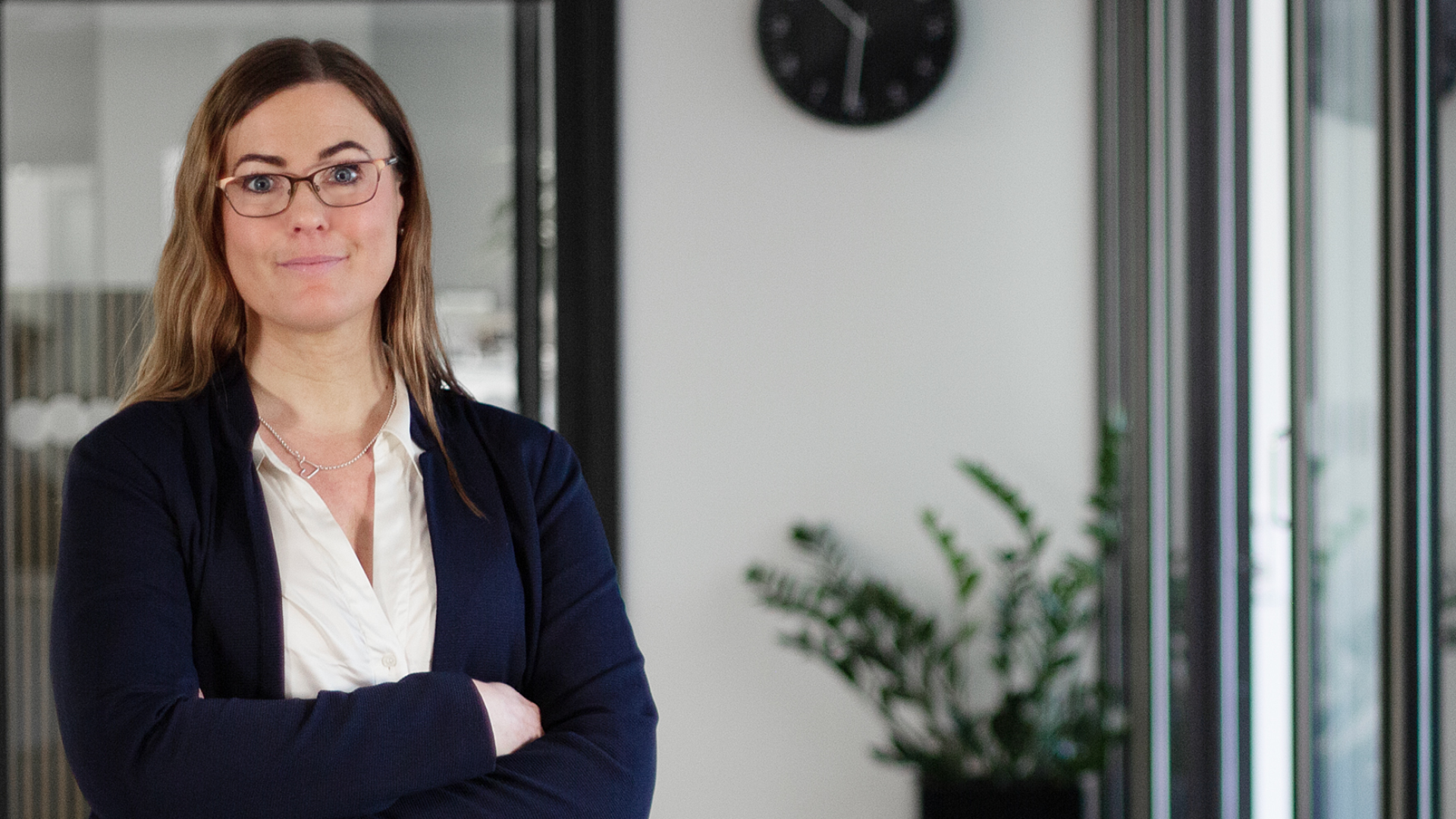In order to achieve “Sustainable Development“, three elements are required: Economic Growth, Social Incorporation and Environmental Protection.
Who takes hold of “Sustainable Development”? In January 2016, United Nation set 17 goals regarding the most basic human rights that are to be reached worldwide by 2030. These goals are about fighting poverty, climate change and inequality in both developed and developing countries.
Why now? Current statistics show that by 2050, the global temperature will increase up to 3 degrees. Currently, the extent of extreme poverty and deprivation has decreased but the pace has slowed down. Discrimination, inequality and gender inequality still exist. These are only some examples of the increasing global problems which are deteriorating.
All said, all the 17 goals are interacted and correlated with each other. Meaning that one factor leads to another. As an instance, the improvement of industries will lead to less climate change, less climate change will lead to better planet, better planet leads to better and more resources and more resources will lead to less mortality rate.
Having these global problems, Mycorena has its own shares in implementing some of the 17 mentioned goals.
SDG 2: Zero Hunger
Agriculture plays an important role in providing world’s food. Additionally, it is one of the significant employers in the world which accounts for 40% of the employment of the global population. Yet, agriculture is the industry that uses two-thirds of the human water use. Considering this point, one third of the food produced globally is either lost or wasted.
Having less and less water has resulted in food scarcity and continuous increase in food prices.
Mycorena’s share in helping with hunger is to use waste materials in order to revitalize the essence and importance of the wasted foods. Using waste materials, the water used for producing those products at Mycorena is not wasted and is shifted to a zero-waste process.
SDG 3: Good Health and Well-Being
Healthy economy is accompanied with healthy people. Aside from vitamins, minerals and fat, proteins and fibers are one of the essentials of being in a healthy condition. At Mycorena, the research group along with scientists have investigated on how they can provide the most organic and sustainable sources of fiber and protein for both human and animal use. The result of this investigation came out as a vegan product with quality nutritions called Promyc.
SDG 5: Gender Equality and Women Empowerment
The general development in the world has also resulted in development in gender equality and women empowerment. Yet, discrimination and inequality exists all around the world. Historically, if women farmers were not discriminated and had the same role as men farmers in agriculture, the total number of hungry people could lessen up to 150 million people.
At Mycorena, the number of women and men employees are even, as gender equality is one the major values at this company.
SDG 6: Clean Water
Water pollution is an act made and created by human. Even though the majority of the world are provided by clean and drinkable water, more than 80% of the water used by human activities is sent to seas and rivers without any prior treatment. On the other hand, one third of the world are living in countries experiencing water shortages. These outcomes are the results of wrong management of fresh water. At Mycorena, the water used for fermentation process can many times be wastewater taken from the food industry, and in the fermentation process, this water can become cleaner for reuse back in that same industry. This reduces overall fresh water usage by making the process of water use circular. Wastewater management not only controls the volume of wastewater created but also reduces the costs and it benefits the economic growth.
SDG 8: Economic Growth
Economic growth is made by families and society. The more people engaged as workforces, the more the country benefits from growth. According to studies, being employed does not guarantee a proper living. In fact, 8 percent of the employed individuals all around the world were in poverty in 2018. Notwithstanding, Mycorena, even as a young start-up founded in 2017, provides and pays all the rights and benefits of its employees. Moreover, at Mycorena, inputs and anything related to the production process is provided locally, resulting in helping the local business stimulate economic growth.
SDG 9: Industry, Innovation, and Infrastructure
With the implementation of the Mycorena’s innovative circular-economy model at the food processing industries, a source of revenue generation will be created through the development of our alternative protein product. New infrastructure development at the food processing companies would hence be made for the efficient use of resources that otherwise would be considered waste or low value and finally been discarded.
SDG 12: Responsible Consumption and Production
The global consumption and production pattern need to change in order to prevent the environment and earth from deteriorating. Putting this thought into action, there are some strategies helping with the execution of it. Firstly, the global consumption need to be redefined. The “waste” and “lost” cycles of food and water need to be diminished and eventually eradicated. This pattern refers to both industrial and individual consumption. Secondly, the industrial production processes require alternation, meaning that innovation and technology need to step in for better results. As an instance, the technology and the innovative process at Mycorena imposes 60 times less water consumption, 20 times less Carbon dioxide (CO2) emission and needs 5000 times less land! Therefore, industries need to step towards a technology that brings the most sustainability.
SDG 13: Climate Action
As mentioned earlier, it is estimated that the global temperature will increase up to 3% by 2050. This change in temperature will cause damages to both earth and economies. Greenhouse gas emissions and pollution of air and water will cause damages in agriculture and farming, which will eventually damage also the economy. Even though agriculture practices are adaptable, most of the small farms worldwide are fed by rain. Therefore, any changes in this cycle can damage the outcome of it.
Investments in renewable energy and sustainability are one of the remedies to reducing greenhouse gases. These changes need to be implemented by governments and businesses. After all, the concept, innovation and the circular economy at Mycorena is causing a significant lower emission of CO2 in the food industry, which by itself, shows Mycorena’s impact in preventing climate change.
SDG 14 & 15: Life Below Water & On Land
Mycorena’s alternative protein product, Promyc, based on the fungi biomass, can be used as a feed ingredient for fishes and also pets. Though currently the focus stays with the food sector, the possibility of the expansion to the feed applications are not far ahead. By contributing to the development of a highly sustainable, 100% climate friendly vegan protein source, Mycorena’s contribution to the Life both below water and above on land are well placed.
SDG 17: Partnerships for the goals
With a strong collaborative ideology impregnated in the DNA of the company, building networks and partnerships for research or innovation projects is one of the key strength of Mycorena. With more than 20 partners from both academia and industries around the globe, Mycorena is one of the key players in the Nordics to build collaborative projects around the alternative protein segment.
Finally, yet importantly, the Sustainable Development Goals project is enormous and ambitious. Even so, with world’s participation, from small households to businesses and governments, each can influence their shares and parts on it. A change for a better now and future.
Author: Setareh Golchin
Marketing Assistant at Mycorena
